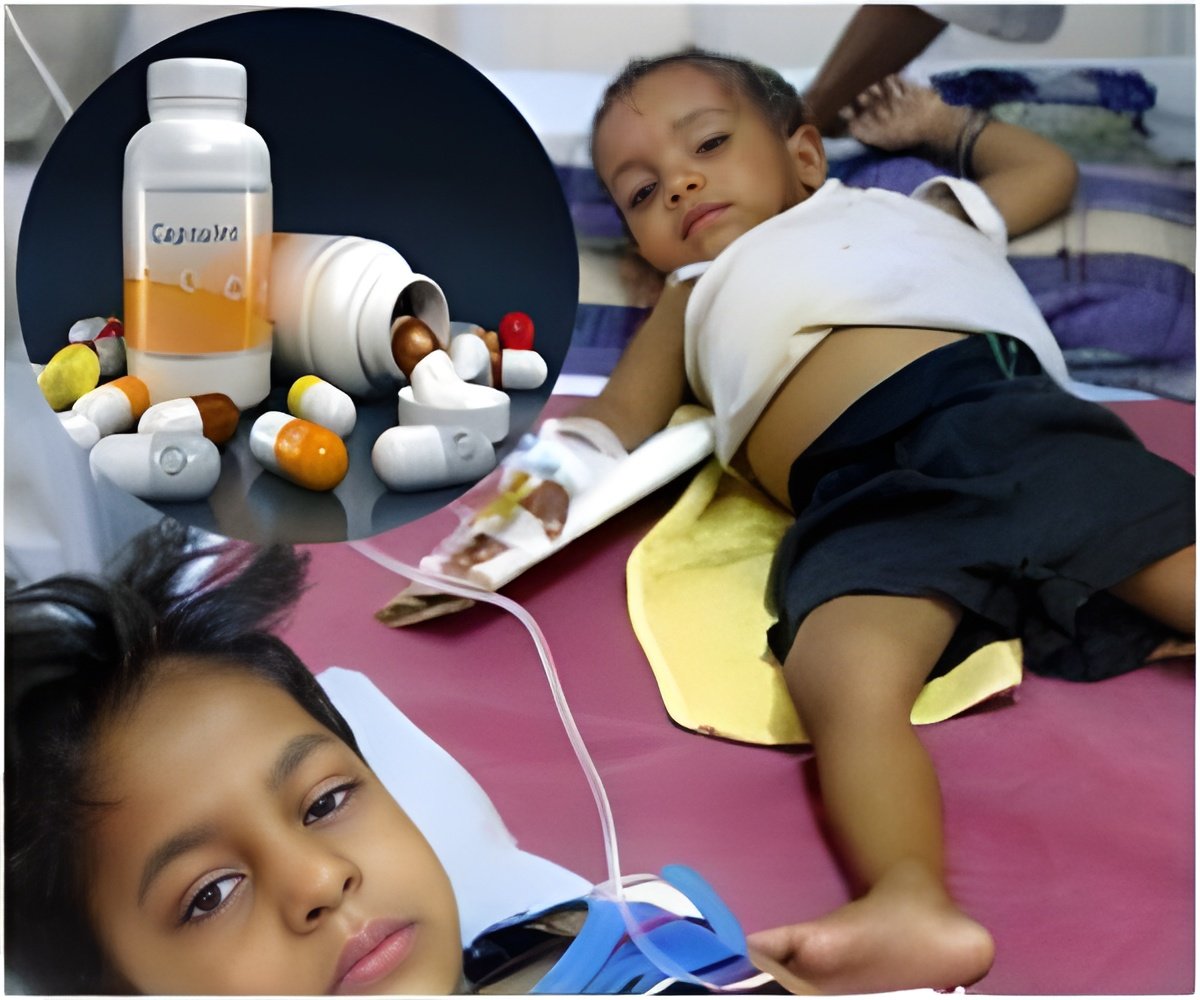Public health experts have called for more selective use of medicines, as disease-causing microbes continue their worrisome trend of developing resistance to commonly used antibiotics.

"Although much research has focused on improving how hospitals use antibiotics, there have been few studies of interventions in outpatient settings, where the vast majority of antibiotic use occurs," said study leader Jeffrey S. Gerber, M.D., Ph.D., an infectious diseases specialist at The Children's Hospital of Philadelphia (CHOP). "We focused on increasing appropriate antibiotic prescribing in primary care practices."
Gerber and colleagues published their study of an "antimicrobial stewardship" program in the June 12 issue of the Journal of the American Medical Association.
Antimicrobial stewardship, said Gerber, usually involves prospective audits of prescription patterns--comparing the prescription for a given diagnosis to the current recommendations of professional organizations (in the current study, as issued by the American Academy of Pediatrics). For this study, stewardship also included personalized, private feedback reports to practitioners, advising them of whether their prescriptions followed current recommendations.
The study concentrated on whether the pediatricians prescribed narrow-spectrum antibiotics, as recommended, or broad-spectrum antibiotics for acute bacterial respiratory infections such as pneumonia, acute sinusitis, and streptococcal pharyngitis (or "strep throat"). All are common conditions for which children receive antibiotics.
The study team randomized 18 pediatricians' practices in CHOP's primary care network in New Jersey and Pennsylvania into two groups—one that received the intervention (an hour-long clinician-education session at the practice office, followed by audit and feedback of antibiotic prescribing) and a control group that did not receive the educational session, audit and feedback.
Advertisement
Among the intervention practices, broad-spectrum antibiotic prescribing decreased from 26.8 percent to 14.3 percent, or nearly half, compared to a decrease from 28.4 percent to 22.6 percent in the control group. For children with pneumonia, the inappropriate broad-spectrum prescriptions declined by 75 percent among practices receiving the intervention.
Advertisement
Among other questions, said Gerber, future studies should investigate how generalizable these findings are to other health systems. Still, he added, "Our findings suggest that extending this type of intervention to the outpatient setting may have important health benefits in children."
Source-Eurekalert










